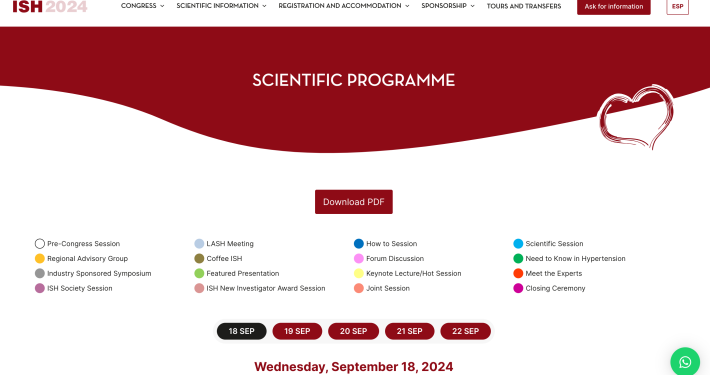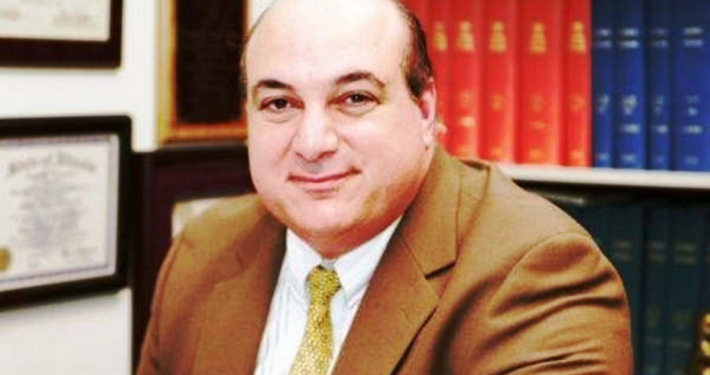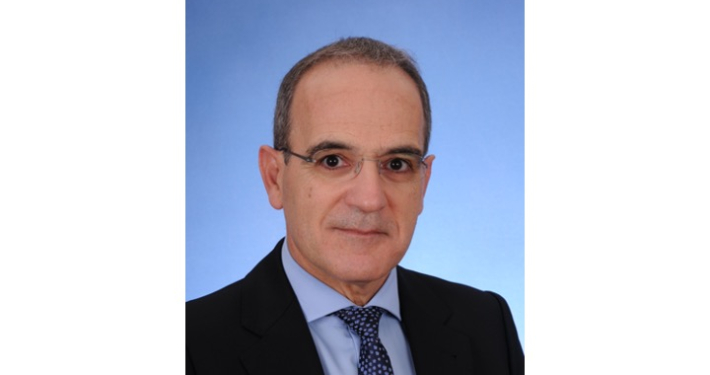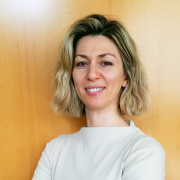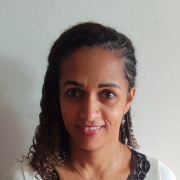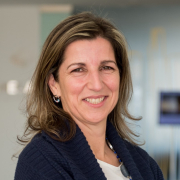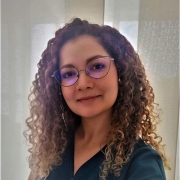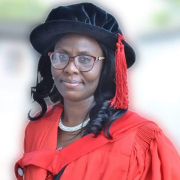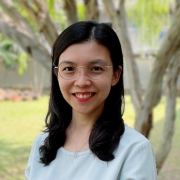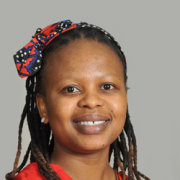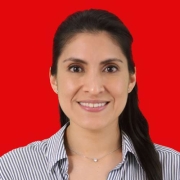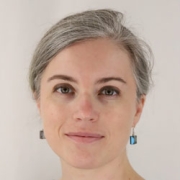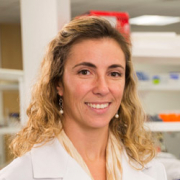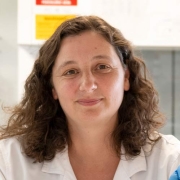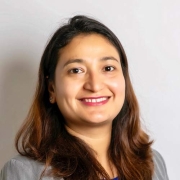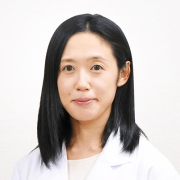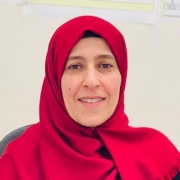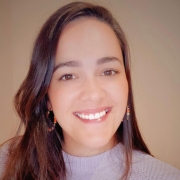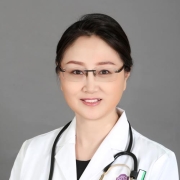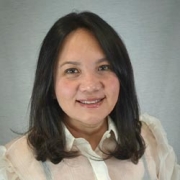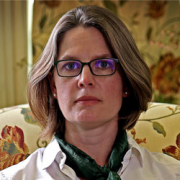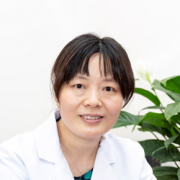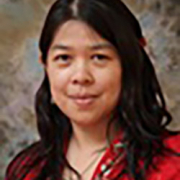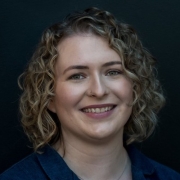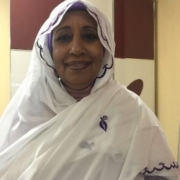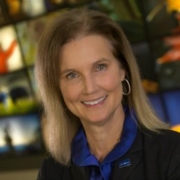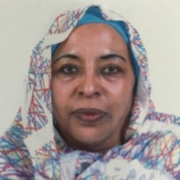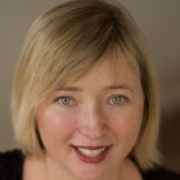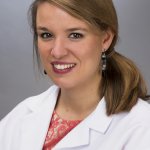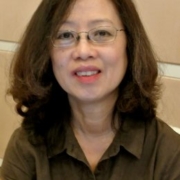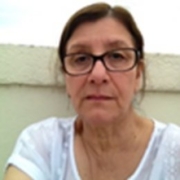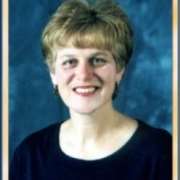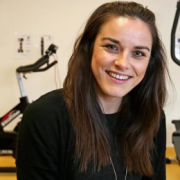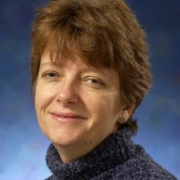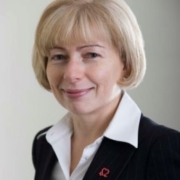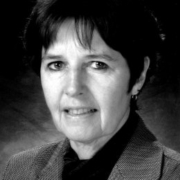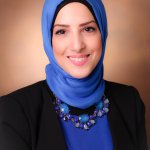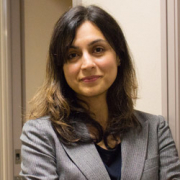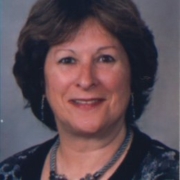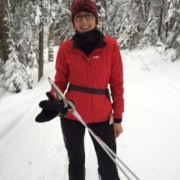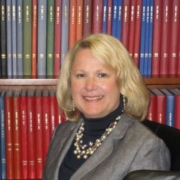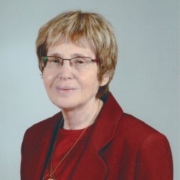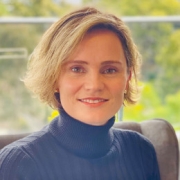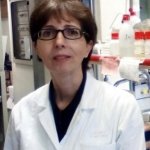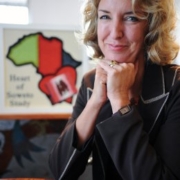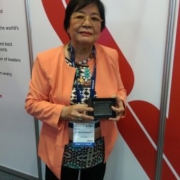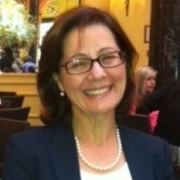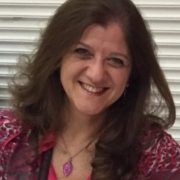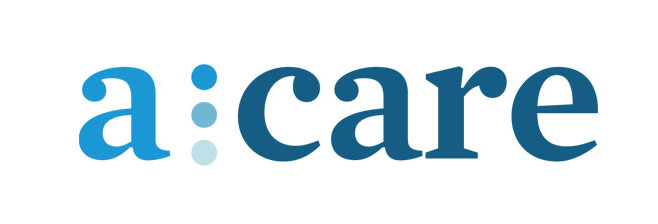What is your role at your work?
My work comprises clinical work in Internal medicine, research and teaching responsibilities. Additionally, I am an ESH Hypertension specialist and head of one of the ESH Hypertension Excellence Centres where specialised patient-centered prevention and care is provided. I teach and mentor medical students and junior colleagues. My research activity is mainly in the field of hypertension and I supervise several PhD students and projects.
How did you get interested in your career path?
My passion since medical school has been to offer a clinical service that helps a large number of patients and focuses on prevention as well as management of cardiovascular diseases. I was fascinated by the academic environment where teaching is combined with research. Early in my career, I was awarded a state scholarship for PhD studies abroad. This enabled me to start my research on the role of Nitric Oxide in hypertension at the department of Clinical Pharmacology at Guy’s and St Thomas’ Hospital and King’s College London. The contemporary major developments in the field of cardiovascular biology worldwide and the accomplishment of my PhD enhanced my interest and drove my next career steps in hypertension research.
What are you most proud of in your career or otherwise?
My PhD in a renowned research centre in the field under the supervision of Professor Albert Ferro was the first major milestone. I subsequently continued on the same track and developed an independent research activity in the field of hypertension and other cardiovascular diseases. This work resulted in numerous awards and distinctions over the years.
My becoming a University Professor was also an important step in my career because it allowed me to combine clinical and research work and also teach young students of Medicine which I find fascinating and uplifting.
However, above all my achievements, I am mostly proud of my family, my husband and our two young sons.
What important career challenges have you faced and how did you overcome them?
There are challenges inherent to a long career and challenges which are imposed. Optimal time management is a key skill to keep up with busy schedules, especially when family commitments are heavy. Multilayered careers require strategic planning so they are not affected by circumstantial hindrance. Whenever I encountered difficult circumstances, possibly caused by unfair treatment, patience, perseverance and support from colleagues and family helped me to overcome the challenges and made me better, stronger and wiser.
What advice would you give your younger self?
I would advise myself to communicate more, to get less stressed, compartmentalise problems and to enjoy the benefits of sharing experiences with peers from the scientific community around the world. Over the years, I have learned how to get become empowered by others and how to empower others who may need my help. This is great by itself and additionally, it sometimes results in longstanding and fruitful collaborations.
Highlight your most significant research contributions and publications (3-5) – if relevant to you.
- Management of Hypertensive Disorders in Pregnancy: A Position Statement of the ESH Working Group “Hypertension in Women” J Hypertens. 2024 Apr 12.
- Circulating microvesicles across a population with various degree of cardiovascular burden are associated with systolic blood pressure. J Hum Hypertens. 2023;37:1105-1111.
- Skin microvascular function, as assessed with laser speckle contrast imaging, is impaired in untreated essential and masked hypertension. Hypertens Res. 2022;45:445-454.
- Angiotensin II triggers release of neutrophil extracellular traps, linking thromboinflammation with essential hypertension. JCI Insight. 2021;6:e148668.
Decreased platelet nitric oxide contributes to increased circulating monocyte-platelet aggregates in hypertension. Eur Heart J. 2009;30:3048-54.
Have you had any significant career mentors? If yes, please provide further details.
As a young internist Professors Chrys Zaboulis and Stella Douma inspired me through the first steps of my career. Professor Albert Ferro, significantly influenced my way of thinking and working in research, transforming me from a clinician to an active researcher in cardiovascular medicine. Professor George Stergiou has been an inspirating figure for me with his bright and insightful advice.
How can we support the next generation of women scientists?
It is important to define and support roles for the next generation of women scientists who should not be considered as smaller and weaker versions of those who have the knowledge and the power. A bidirectional communication needs to be established. They have a lot to contribute and they need to be listened to. We also need to dedicate time, procedures and activities to give them active feedback and, on occasions personalised, support. Their participation in all levels of science will prepare an empowered next generation with skills and insight. Avoiding tokenism and aiming for substantial planning of activities which involve their participation from baseline to completion, the next generation of women scientists will have a real opportunity to develop their careers according to their vision, effort and quality.

